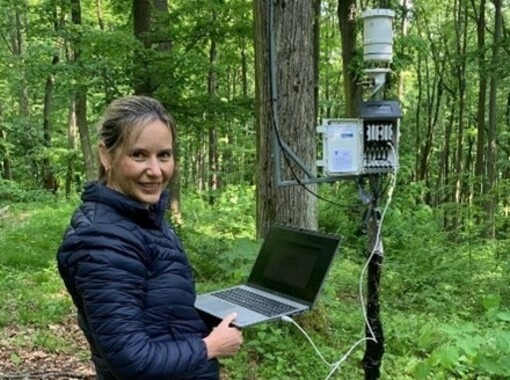Exploring geomorphic diversity in floodplain wetlands

Askja
Room 129
Dr. Suzanne Grenfell, Senior lecturer at the Department of Geography & Environmental Studies at Stellenbosch University gives a lecture titled Exploring geomorphic diversity in floodplain wetlands: implications for ecosystem service delivery.
Abstract
Floodplains are zones of sediment exchange between the aquatic environment of gravity-driven rivers and the adjacent terrestrial landscape. The style and pattern of sediment exchange that characterizes a river and its floodplain has implications for the provision of ecosystem services. The wide variety of floodplain types we see in South Africa are a product of our region’s climatic and geological diversity. Some river floodplains are characterized by short phases of sediment storage terminated by episodic events of ‘floodplain stripping’, while finer-grained deposits in other floodplains may lend themselves to the gradual development of channel sinuosity and the storage of sediment for tens of thousands of years.
Variations in local and catchment-cale controls have created a patchwork of floodplain types across South Africa. During this presentation, I will discuss what we know about the geomorphic and sedimentary processes operating in different floodplain types, consider the potential influence of geomorphic processes on the provision of sediment-related ecosystem services (e.g., nutrient and/or toxicant assimilation) and evaluate the spatial distribution of floodplain types across South Africa.
Biography
Dr Suzanne Grenfell is based at Stellenbosch University, where she teaches physical geography. She first developed an affinity for wetlands studying for her PhD, and since then she has worked in a variety of environments ranging from estuaries and floodplains of Wales to sub-tropical floodplains of KwaZulu-Natal’s north coast, valley fill systems in South Africa’s semi-arid interior, and more recently, the wetlands of African’s southernmost tip at Cape Agulhas. Her research focuses on understanding how geomorphic processes lead to wetland formation, how those processes influence ecosystem service provision, and understanding the potential for wetlands to naturally recover following degradation.
Dr. Suzanne Grenfell



